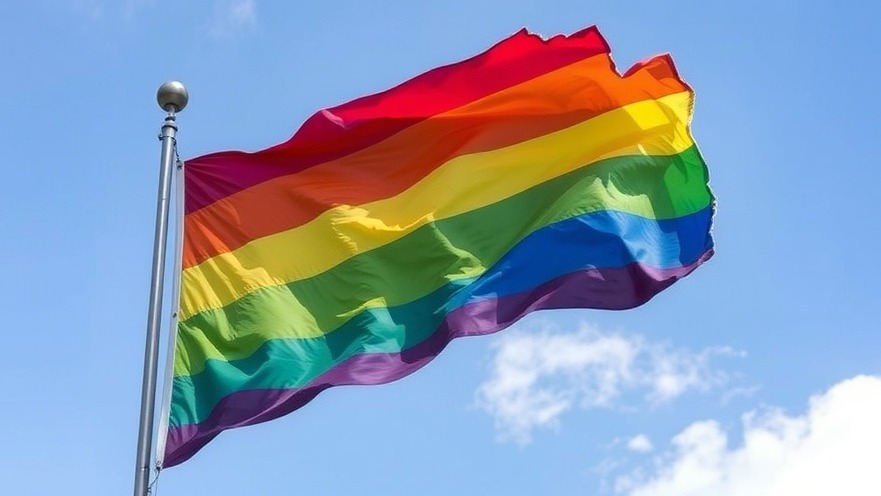
Unpacking the Baylor LGBTQ+ Study Controversy
The recent decision by Baylor University to cancel a significant grant aimed at supporting LGBTQ+ communities has sparked intense debates within the local and broader Texas community. This initiative, which was intended to guide churches in ministering to LGBTQ+ individuals, was met with both enthusiasm and backlash. For many like AB Waters, a Baylor alum and social worker in Waco, the initial announcement was a beacon of hope—an opportunity for reconciliation between faith and LGBTQ+ identity. Unfortunately, the reversal of this grant not only dimmed that hope but also reignited feelings of alienation among those who identify as LGBTQ+ within religious spaces.
The Diverging Perspectives of Faith and Acceptance
The friction surrounding Baylor's decision stems from a longstanding conflict between traditional Christian values and the evolving understanding of human sexuality. University President Linda Livingstone pointed to the institution’s Statement on Human Sexuality as the basis for the decision to return the grant, emphasizing that any advocacy contradicting their biblical teachings is not permissible within the university's framework. This adherence to doctrine has led to expressions of support from members of conservative Christian circles, with over 60 pastors commending the decision for maintaining adherence to their values.
A Closer Look at the Impact
Opposing these conservative sentiments are the voices of queer individuals and their supporters who argue that Baylor's actions perpetuate a cycle of harm and exclusion. Waters expressed profound disappointment, highlighting that the rejection of academic freedom limits the chance for meaningful dialogue and healing within faith communities. The lack of funding for research that seeks to foster understanding further marginalizes a segment of society already navigating difficult paths to acceptance.
The Role of Institutional Betrayals
For many LGBTQ+ individuals, the concept of institutional betrayal within religious frameworks resonates deeply. They often find themselves grappling with the duality of their identity and the teachings of their congregations, risking ostracization or loss of community. Waters’ experience reflects a broader phenomenon in which churches struggle to reconcile their spiritual beliefs with the need for inclusivity. Instead of leading to healing, decisions made by institutions like Baylor can exacerbate feelings of isolation.
The Broader Implications for Texas Churches
The implications of Baylor's decision are not limited to its campus. They ripple across Texas, a state that continues to grapple with issues of inclusion, representation, and acceptance within religious and community frameworks. As churches around the state look towards future initiatives, they must consider the impact of their approaches on marginalized communities. Will they follow Baylor's example of conservatism, or will they seek to embody more accepting values?
Community Reactions: Voices from Waco
The reactions from local churches in Waco paint a picture of a community divided. While some church leaders supported Baylor's decision to uphold traditional values, others lamented the missed opportunity for meaningful progress in understanding sexual diversity within a faith context. Leaders in the affirming churches expressed a sense of loss that their efforts for inclusivity were overlooked and criticized the university’s decision to retreat on such an essential issue.
The Road Ahead: A Call for Compassion and Understanding
As the dust settles on this controversy, it’s clear that the conversation around faith and LGBTQ+ identities is far from over. For meaningful change to occur, there must be a concerted effort from both religious institutions and their congregants to foster environments of understanding, compassion, and open dialogue. The struggle for acceptance in faith communities continues, and it’s a pivotal moment for Texas churches to reflect on their roles in navigating this complex issue.
As the community processes these developments, it's essential for individuals to engage in active discussions about inclusion, equity, and the intricate relationship between faith and identity. Understanding these elements could lay the groundwork for a more compassionate society. The challenge remains: can institutions like Baylor redefine their pathways to include all members within their faith communities?
 Add Element
Add Element  Add Row
Add Row 



Write A Comment